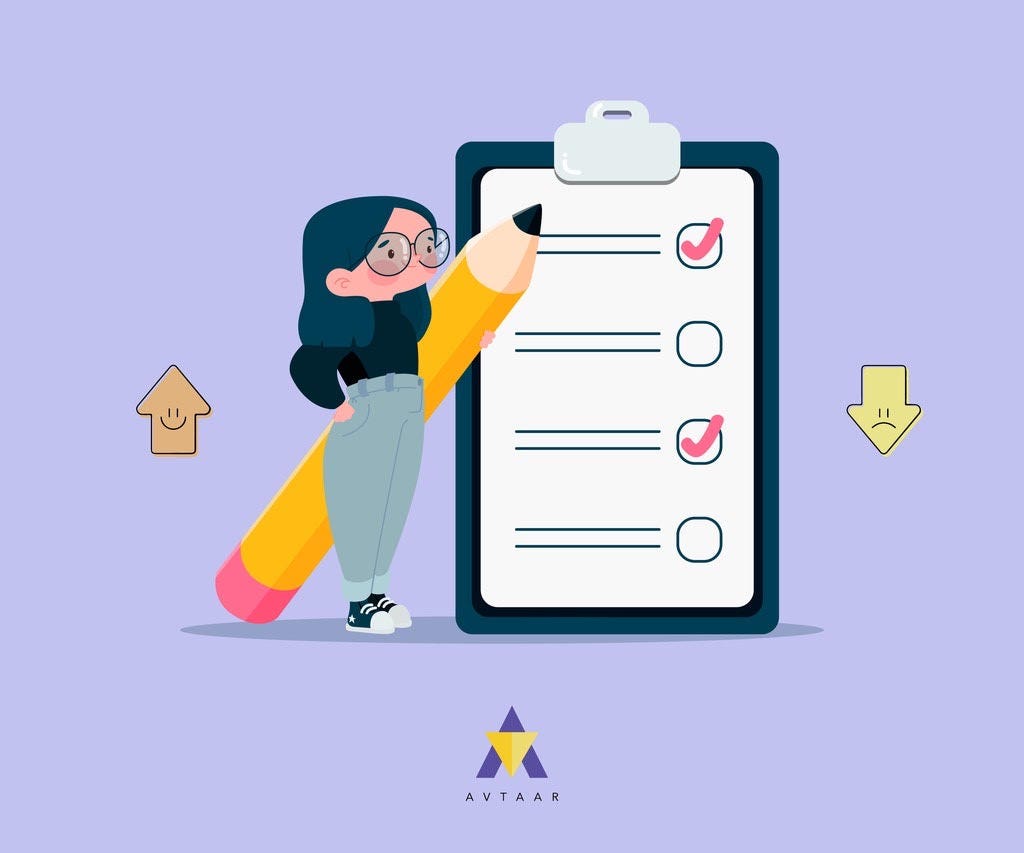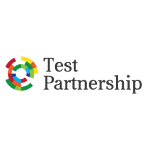But have you ever wondered who creates these tests and how to choose the right one? This article will delve into the world of aptitude test publishers, equipping you to make informed decisions.
Who are Aptitude Test Publishers?
Aptitude test publishers are companies that develop, distribute, and score standardised tests designed to measure a candidate's natural abilities and potential for learning new skills. Some of the leading names in the industry include:
- SHL (CEB SHL): Renowned for their comprehensive suite of aptitude assessments, covering areas like verbal reasoning, numerical reasoning, and logical thinking.
- Thomas International: Known for their psychometric assessments that measure a range of aptitudes, including cognitive abilities, personality traits, and emotional intelligence. There are Thomas alternatives if you’re seeking a provider who focuses more solely on aptitude tests.
- Sova Assessment: A leading provider of gamified aptitude assessments that engage candidates in simulated work environments to assess decision-making and problem-solving skills. Consider Sova alternatives for a broader range of aptitude assessments.
- Pearson: A giant in educational testing, Pearson also offers a range of aptitude assessments for various industries.
- The Predictive Index (PI): Known for their behavioural assessments that identify a candidate's natural work styles and motivations. If you are seeking a test publisher with more focus on aptitude tests consider some Predictive Index alternatives.
- Testgorilla: A newer player in the field, Testgorilla uses assessments to measure cognitive skills and workstyle preferences, they have a large selection of technical skill tests. If you desire a more established brand, there are many Testgorilla alternatives to choose from.
What to Look for in an Aptitude Test Publisher
Choosing the right aptitude test publisher is crucial for ensuring you get reliable data that accurately reflects a candidate's potential. Here are some key factors to consider:
- Focus and Expertise: Does the publisher specialise in aptitude assessments relevant to your industry and the specific role you're hiring for?
- Psychometric Properties: Look for tests with strong validity (measures what it claims to) and reliability (produces consistent results).
- Standardisation: Does the test have established norms for interpreting scores? This allows you to compare a candidate's performance to a relevant benchmark.
- Customisation Options: Can the test be tailored to the specific skills and knowledge required for the role?
- Technology and Delivery: Consider the test delivery platform and scoring options. Does it integrate seamlessly with your applicant tracking system (ATS)?
- Support and Training: Does the publisher provide training materials and technical support to ensure your team can effectively administer and interpret the tests?
Looking Beyond the Name to Find the Right Provider
Remember, the "best" publisher doesn't exist in a vacuum. The ideal test aligns with your specific needs and the role you're trying to fill. Many reputable publishers offer free consultations or demos, allowing you to compare features and see which test best suits your situation.
While aptitude tests can be valuable tools, they should not be the sole factor in your hiring decisions. To gain a more comprehensive understanding of a candidate, consider incorporating other assessments like interviews, work simulations, or reference checks.
Furthermore, focusing solely on raw scores can be misleading. Look beyond the numbers and analyse how the candidate approached the test, what skills they demonstrated, and how those skills translate to the role. Finally, be mindful of test bias and choose assessments that are fair and unbiased, accurately reflecting the abilities needed for the job.
By understanding aptitude test publishers and how to choose the right ones, you can leverage these assessments to make informed hiring decisions and build a strong, successful team.







